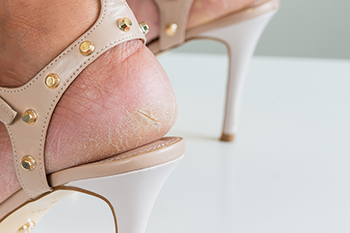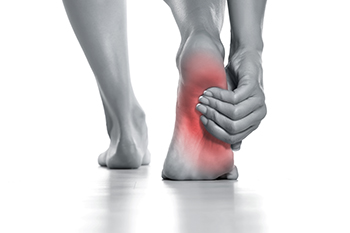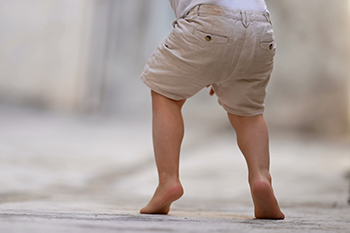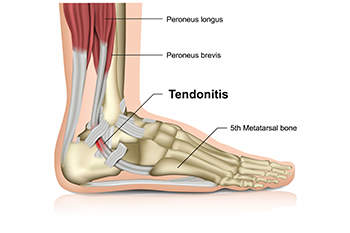
An individual would see a podiatrist for cracked heels because they are specialists in foot and ankle care, and cracked heels can be more than just a cosmetic issue. While minor heel fissures may be seen as a nuisance, severe cracks can be painful, bleed, or become infected. A podiatrist can identify the underlying causes of cracked heels, which may include biomechanical issues, skin conditions, systemic diseases, or prolonged pressure. This foot doctor can provide professional treatments such as debridement, where the hard, dead skin is removed safely, and prescribe specialized moisturizers or medicated creams. Additionally, they can offer guidance on footwear choices, recommend orthotic inserts to redistribute pressure, and offer advice on preventive measures. If you have persistent or severe cracked heels, it is suggested that you make an appointment with a podiatrist to ensure they are cared for and to avoid complications.
If the skin on your feet starts to crack, you may want to see a podiatrist to find treatment. If you have any concerns, contact one of our podiatrists from Canonsburg Podiatry Associates. Our doctors can provide the care you need to keep you pain-free and on your feet.
Cracked Heels
It is important to moisturize your cracked heels in order to prevent pain, bleeding, and infection. The reason cracked heels form is because the skin on the foot is too dry to support the immense pressure placed on them. When the foot expands, the dry skin on the foot begins to split.
Ways to Help Heal Them
- Invest in a good foot cream
- Try Using Petroleum Jelly
- Ease up on Soaps
- Drink Plenty of Water
Ways to Prevent Cracked Heels
- Moisturize After Showering
- Skip a Shower
- Keep Shower Water Lukewarm
- Don’t Scrub Your Feet
If you are unsure how to proceed in treating cracked heels, seek guidance from a podiatrist. Your doctor will help you with any questions or information you may need.
If you have any questions, please feel free to contact our office located in Canonsburg and McMurray, PA . We offer the newest diagnostic and treatment technologies for all your foot care needs.





